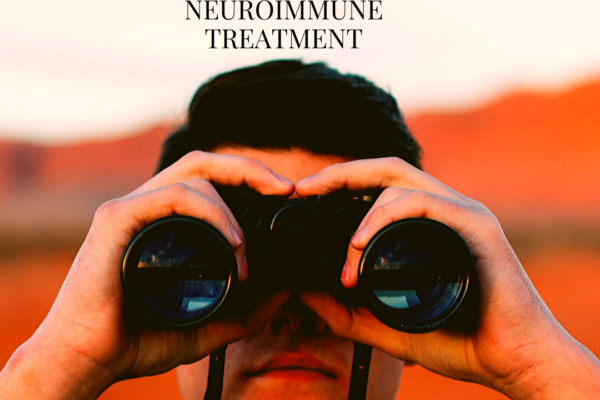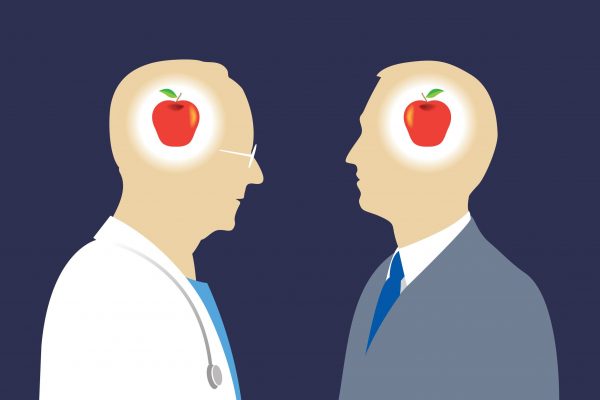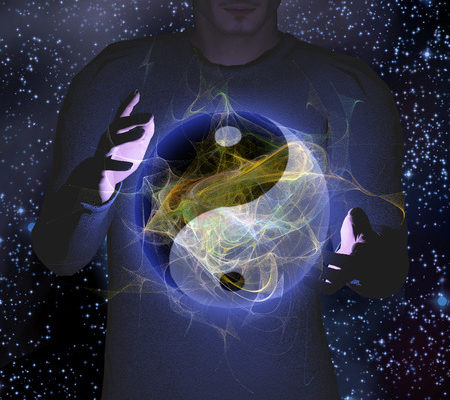“The doctor of the future will give no medicine, but will interest his patients in the care of the human body, in diet, and in the cause and prevention of disease.”
~Thomas Edison
One of the primary goals of holistic healthcare practitioners such as acupuncturists is educating patients on lifestyle choices so they don’t become dependent on Western medications. Western medicine is miraculous in its ability to treat certain kinds of health concerns. Its ability to deal with conditions such as broken bones, life-threatening injuries, and severe infections is outstanding. These acute conditions are where traditional Chinese medicine is often limited. (Chinese medicine is very good for some acute conditions such as acute pain and childbirth, but usually works best when it’s more subtle methods have time to work.)
On the other hand, traditional Chinese medicine is very good at treating chronic problems. Whether it’s chronic insomnia, digestive problems, fatigue, autoimmunity, menstrual issues, or emotional imbalances, the goal of Chinese medicine is to gently bring your system back to a state of dynamic balance. When this is done skillfully, there are no side effects or risks associated with the treatment.
This is why traditional Chinese medicine is called complementary medicine. It complements Western medicine’s strength with acute problems by treating chronic problems that Western medicine can only hide. So when considering what treatment to seek, you may want to determine whether Western medicine will actually help the condition be resolved, or only make it tolerable. While Chinese medicine cannot treat every chronic condition, it usually can help.
What’s Wrong with Using Pharmaceuticals for Chronic Health Issues?
Most of us think of drugs as safe and effective. We hear about “wonder drugs” and are told such things as “take one and call me in the morning.” Often these medications help to control symptoms, but they do have a dark side. According to a study published in the Journal of the American Medical Association (JAMA) in 1998, deaths due to legal drugs in hospitals were the fourth leading cause of death in the United States. Notice that this study only covered deaths in hospitals – the very place to be if you’re near death. These deaths occurred even with ready access to doctors.
Dr. Jay Cohen, in his book Overdose: The Case Against Drug Companies explains that this study is actually very conservative: Because of the especially rigorous methods the researchers applied, even these numbers may not present the full picture. The authors defined serious side effects narrowly, including only clear-cut reactions causing permanent disability, hospitalization, or death. Thus, they excluded side effects that disable people for weeks or months, side effects such as dizziness or sedation that cause automobile accidents or falls and broken limbs, side effects that require emergency interventions, and side effects that prolong hospitalizations or force people to miss work. And the authors didn’t even try to count the largest category of all: side effect occurring in outpatients. Overall, they excluded side effects that occur far more often than the ones they included.Despite omitting so many side effects, the JAMA study still recorded numbers reaching epidemic proportions. And, as the authors noted, this side effect epidemic wasn’t new: “The incidence has remained stable over the last 30 years.” (p. 3).
The problem is probably worse now, since this book was written in 2001. Since then, drug companies started to advertise extensively on TV. The drugs that are advertised are the newest drugs; by definition they’re the least understood and therefore the most dangerous. As a well-known pharmacology textbook notes:”51% of approved drugs have adverse side effects not detected prior to approval.“¹ The side effects of new drugs are discovered over time. In fact, the Physician’s Desk Reference, which is used by nearly all doctors as a reference to medications, consists mostly of descriptions of drug side effects.
“All drugs have side effects, and even the safest approved drugs have side effects,” according to Dr. Janet Woodcock, the director of the FDA’s Center for Drug Evaluation and Research. Even Eli Lilly, founder of the $58 billion Eli Lilly and Co. pharmaceutical company said: “A drug without side effects is no drug at all.” Because of these side effects, drugs are often far from safe. Chinese medical theory explains why…
In traditional Chinese medicine, health conditions are believed to be due to an imbalance in the body. Modern drugs control symptoms by interrupting biochemical pathways that would otherwise cause pain, discomfort or other symptoms. However, the original imbalance in the body’s systems is still there and just masked by the medications.
In other words, drugs generally don’t heal conditions. They only hide them and make them tolerable.
Acupuncture and traditional Chinese medicine work by helping bring your body’s systems back into balance. When that happens, natural healing mechanisms take over. There’s actually no way that healing can come from anywhere but within the body. A surgeon may make an incision, but without the natural healing ability of the body, there would be no healing. Even acupuncture does not heal – it only helps the body heal itself.
As current trends are indicating, our future medicine will indeed be one that places the power back in the hands of the patient through effective education and natural healing. In this way, medicine will once again help us to thrive, not just merely survive.
Please consult with your medical doctor and your acupuncturist together to determine the best strategy for your specific needs. I am not advocating that you discontinue your current medications, only that you are well informed about their side effects and potential alternative treatment options.




